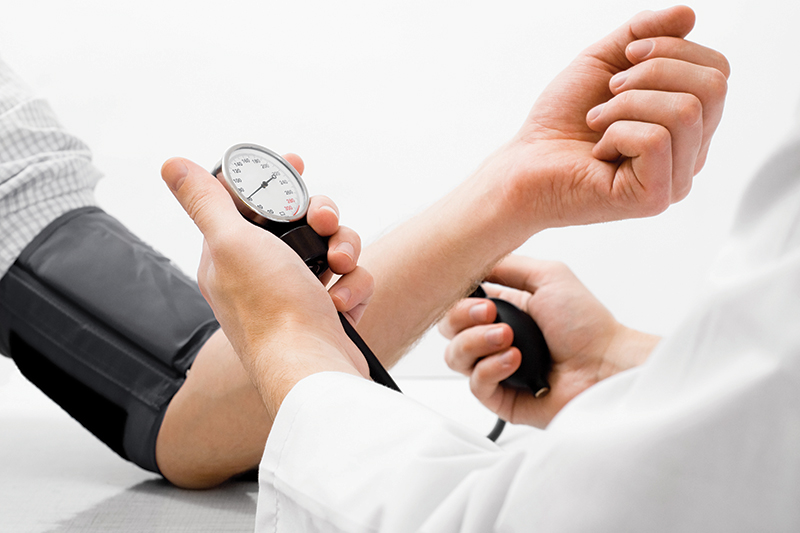In my more than 40 years of providing clinical dental care to my patients, I have yet to hear a single individual say they were looking forward to getting the “dreaded” shot. The reaction to knowing that one must have a shot ranges from mild dislike and hyperalertness through various stages of anxiety and agitation to downright terror and fear.
The body’s innate physiological reaction is commonly called the fight-or-flight response, derived from the acute activation of the sympathetic nervous system with a protective, although exaggerated, discharge of the very powerful biochemical norepinephrine. This defense mechanism is based on the body’s keen sense of impending danger in the immediate environment and is often referred to as a stress reaction. Almost everyone has experienced this fight-or-flight reaction, accompanied by increased heart rate, causing a spike in blood pressure.
Having dental work stimulates this response to some extent in all patients. To those living with undiagnosed elevated blood pressure, this can lead to severe untoward consequences.
Chronically elevated blood pressure has virtually no observable symptoms – it is “silent.” But its adverse effects can be devastating. The following is a short list of the risks from chronic unmanaged hypertension:
- Heart attack
- Stroke and transient cerebral ischemia
- Progressive heart failure
- Kidney disease and failure
- Vision loss
- Sexual dysfunction (ED; loss of sex drive)
- Cardiac dysfunction
- Atherosclerosis
- Dementia and other cognitive dysfunction
- Ruptured aneurysm (heart, brain, aorta)
The generally accepted ranges of hypertension as reported in millimeters of mercury (mmHg) are:
- Hypertensive crisis: >180 / >120
- Hypertension stage 2: >140 / >90
- Hypertension stage 1: 130–139 / 80–89
- Elevated BP: 120–129 / <80
- “Normal”: <120 / <80
Since dental care always stimulates the acute physiologic stress response, blood pressure screenings are recommended for all adults for every procedure. The American Dental Association recommends postponing care under the following circumstances:
- For urgent dental care, postpone treatment if BP is 180/110 or greater
- For elective dental care, postpone treatment if BP is 160/100 or greater.
For a safer dental visit and your overall wellness, your dentist and hygienists screen you for hypertension, advise you of your present blood pressure status, and refer you to your personal physician to make the definitive diagnosis with potential recommendations and treatment if necessary.
Kevin H. Norige, DMD, is the founder and chief dentist at South Windsor Smiles, a private dental practice that focuses on oral health as part of the whole-body system. For 35 years, he has worked with patients to achieve healthy mouths and live healthier lives.
Call 860.288.2111 or visit: SouthWindsorSmiles.com.
